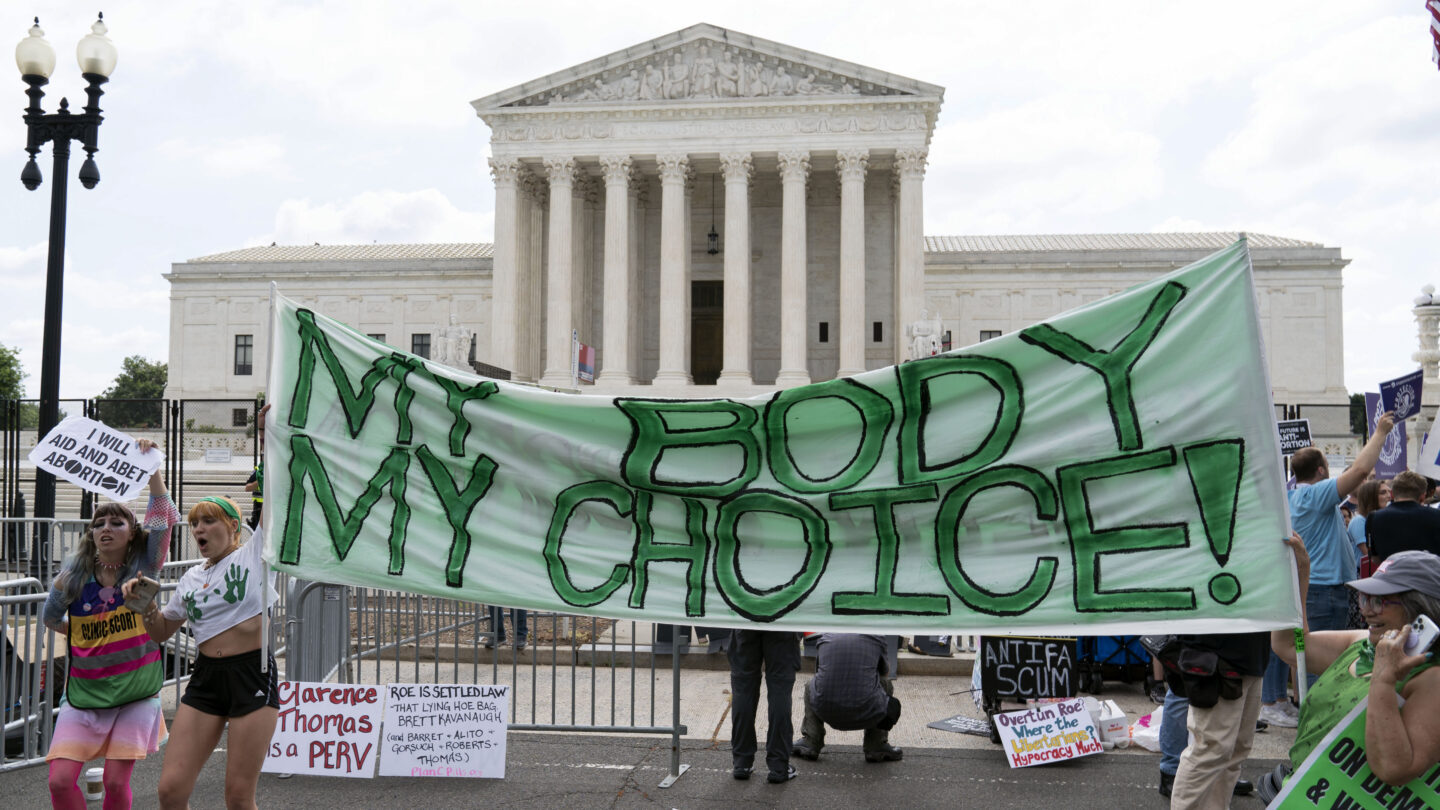Legal experts are warning women in states poised to pass restrictive abortion laws that they should be careful where they’re sharing sensitive medical information. That’s in light of Friday’s Supreme Court decision overturning the landmark abortion rights ruling Roe v. Wade.
Roe had been in place for nearly 50 years. Now even researching an abortion is hard to keep private for people in a post-Roe America.
Widespread legal questions about digital trails and potential criminalization are erupting in states enacting abortion bans immediately, or in states like Georgia where the law is still up in the air. Georgia’s 2019 restrictive abortion law is still pending approval from a federal court — which could deliver a decision in mid-July. Governor Brian Kemp signed the law that would ban most abortions after roughly six weeks of pregnancy. That’s before many women know they are pregnant.









